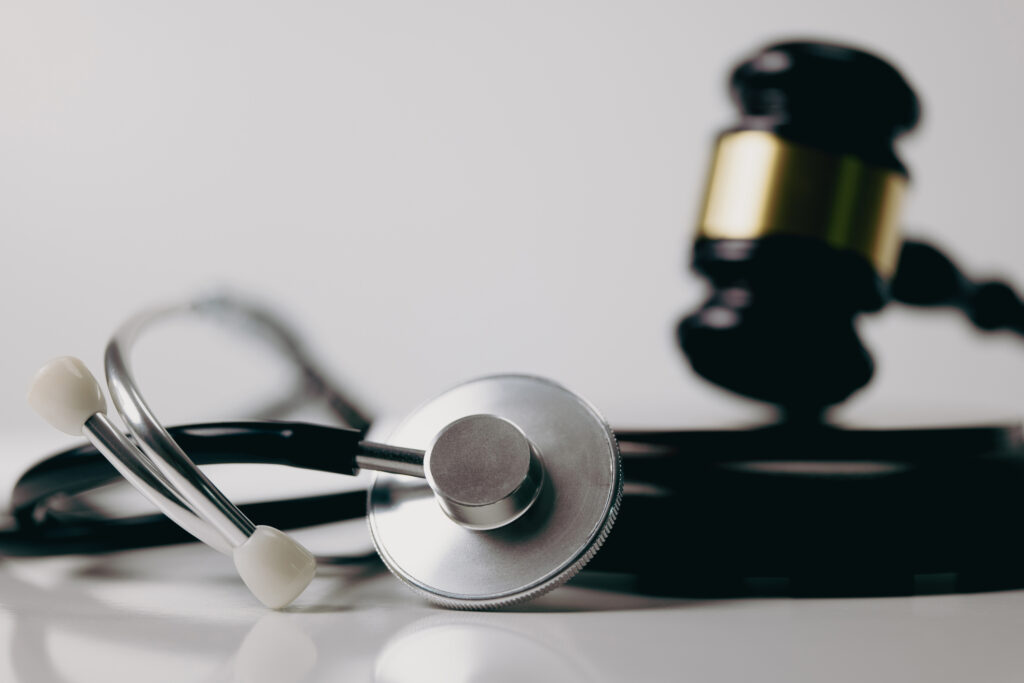If you use a medical answering service to manage your patient calls, do you have a means of measuring their accuracy? We ask because the cost of inaccurate medical messages can be substantial when they lead to severe health outcomes for patients. Let’s review why medical answering services need help, what solutions are available, and how you can reduce liability for your organization.
Why Medical Answering Services Need Help
Medical answering services are often staffed with nonclinical operators who take messages from patient callers and route them to triage nurses for review. Nurses evaluate caller requests based on those messages, and categorize them as nonurgent, urgent, or emergent — which also dictates how soon those nurses will call patients back. While this system makes sense in principle, problems can occur when operators either miss important details that could indicate a patient’s needs are more immediate, or — even worse — record the wrong health information.
When patient care is delayed or inaccurate, providers face greater risk and liability. As Medical Bag highlights, “untimely responses to messages may make physicians liable for patient death or injury.” They may be sued and need to defend the decisions of these nonclinical operators. Without recorded calls and thoroughly documented patient interactions, they’re more likely to face heavy repercussions to their finances and reputations.
We’d like to clarify that we aren’t laying fault with operators. Because they’re nonclinical, they aren’t certified in any medical profession, and aren’t aware of additional questions they may need to ask patients based on their symptoms.
So, barring that certification, what are the best ways for operators to improve public health and avoid inaccurate medical messages?
Medical Message Solutions
First, you may consider better in-house training for your operators. While we wouldn’t discourage this approach, we’ve also seen how training isn’t always the best means of improving answering services over the long term.
That kind of success comes from the use of artificial intelligence. Our AI-based module, MedMessage Assist, was created for this purpose, and has been able to provide 99% accuracy on all patient calls that resulted in a critical disposition. It works by analyzing the text that operators type while talking with patient callers. If it recognizes symptoms that imply potential urgency, it will generate additional questions for operators to ask patients to clarify their symptoms.
MedMessage is designed to be intuitive and self-guiding, so that operators require minimal uptime to understand how to use the software.
Want to see an example? Learn how MedMessage Assist helped Southern Voices, a healthcare telecommunications company, reduce the risk of inaccurate medical messages.
Additional Tools for Liability Protection
Once operators have passed information to triage nurses, those nurses are responsible for calling patients back in the appropriate windows of time. When they do, there are additional tools they can use to ensure HIPAA compliance, data security, and practice liability.
Triage Protocols
Triage nurses should use the most up-to-date Schmitt Thompson triage protocols to address all patient symptoms. These provide patients with the best dispositions for care so that they understand which providers they should see, and how soon.
Protocols are available in daytime and after-hours versions. Contact us to request copies for your team.
Triage Software
During patient callbacks, triage nurses should have a means of documenting all patient interactions. We recommend nurse triage software. This is important for three reasons: first, so that information can be shared with each patient’s provider, ensuring continuity of care; second, to record which dispositions nurses select, and why; and third, to note when patients refuse to follow nurse recommendations.
Secure Texting
Using secure texting (preferably a service that doesn’t require downloading an app or paying for a monthly subscription) can help these triage nurses correspond with patients and their providers. Patients are notified when triage nurses are reviewing their requests, when they can expect callbacks, and what numbers those calls will come from. When patient symptoms warrant feedback from specific providers, nurses can text them to securely share that data for quick review and response.
Nurse Triage On Call
If you have medical answering services, make sure that you have triage nurses who are available to prioritize and respond to the patient messages that they submit. Practices and hospital systems that may have difficulty with nurse staffing can outsource this work to a medical call center like ours.
Our Nurse Triage On Call service is available 24/7, and employs registered nurses who are trained on the best techniques for addressing patients’ needs over the phone. They know how to select Schmitt-Thompson protocols, document key information for care continuity and liability, and use HIPAA-compliant, secure nurse triage software.
Avoid Inaccurate Medical Messages and Improve Liability
Are you interested in learning more about MedMessage Assist or the other technology solutions outlined above? We’d welcome the opportunity to hear about your organization’s specific needs, and outline a program for your team.
Please contact us when you’re ready for a discussion on how to improve the accuracy of your medical answering services and your patient liability.
About TriageLogic
TriageLogic is a URAC-accredited, physician-led provider of top-quality nurse telehealth technology, remote patient monitoring, and medical call center solutions. Founded in 2007, the TriageLogic Group now serves more than 9,000 physicians and covers over 42 million lives nationwide.





